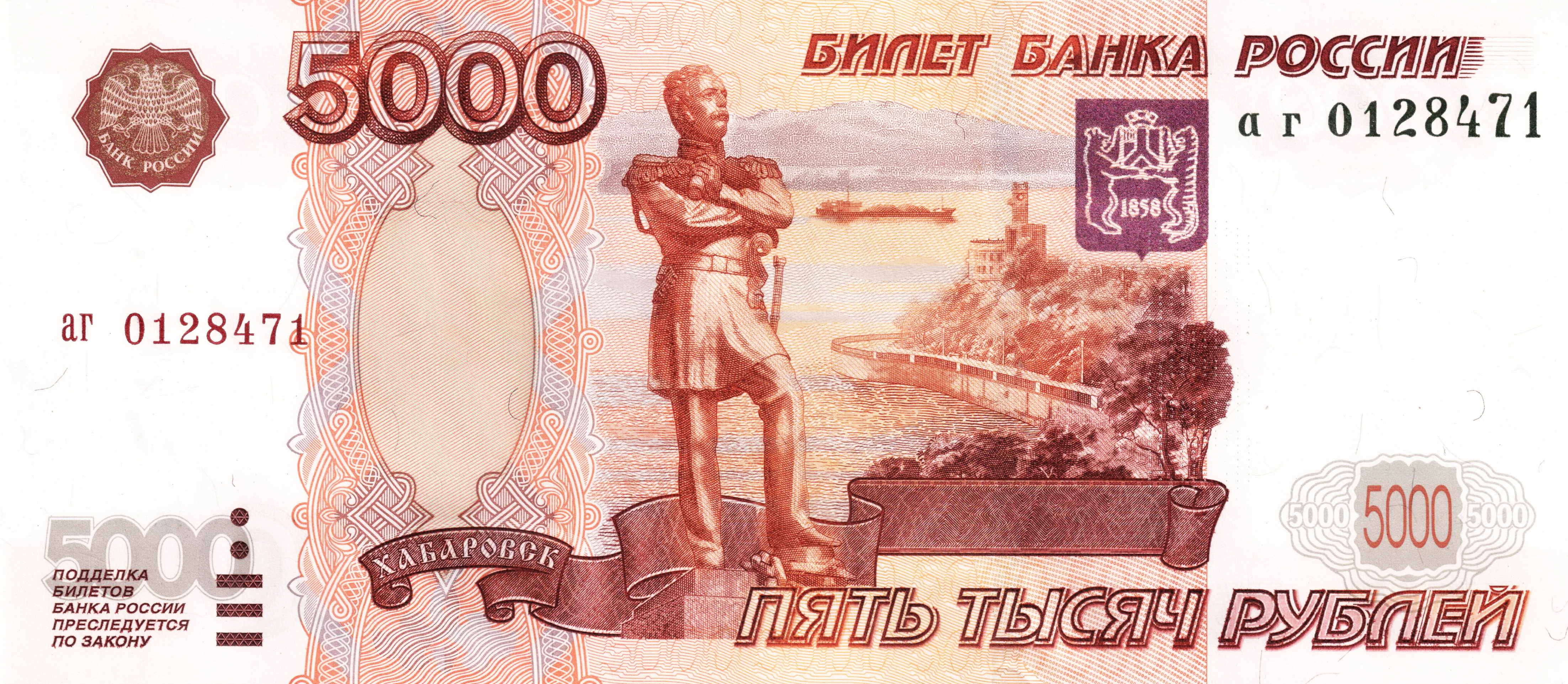Re: The Rise of the Russian Empire: Russo-Armenian Relations
Russia’s actions in the conflict regions of Georgia are the aggressive attempt to revise Europe’s and world order, said Georgia’s President Mikhail Saakashvili. It is the most aggressive attempt to do it after the end of the cold war, Saakashvili specified. The world community won’t swallow deployment of illegal foreign contingent, the shift of weapons there, the attempts to explode the situation, Saakashvili threatened, pledging that Georgia will take definite legal and political steps, coordinating them with its friends and ensuring strong support and response. When speaking of global support, Saakashvili evidently meant Washington. U.S. Deputy Assistant Secretary of State Matthew Bryza, for instance, doubted the need of stationing such sophisticated military hardware to ensure peace in the region and urged Russia to withdraw additional military forces from Abkhazia. Russia’s Foreign Ministry rebuffed by calling Bryza’s statement at least ill-defined. “It should be stated that M. Bryza shows the lack of knowledge of the real situation and events in the conflict area, and choosing my words carefully, his judgment as a result had little in common with reality,” said the ministry’s spokesman Boris Malakhov. In the RF Foreign Ministry, they emphasized the absence of any military component in the actions of Russia, saying that the matter at stake is exclusively the protection of social and economic and humanitarian interests of Abkhazia’s residents, which the government of Georgia has failed to ensure for over 15 years.
Source: http://www.kommersant.com/p-12517/Saakashvili_conflict/
Two more unmanned drones have been hit over Georgia's breakaway republic of Abkhazia, according to the republic's Defence Minister. Georgia denies the claims, saying none of its drones have flown over the territory during the last few days. Abkhazian Foreign Minister, Sergey Shamba, confirmed two unmanned drones have been hit today “over territory of the breakaway republic not far from the unofficial border between Georgia and Abkhazia”. “The remains will soon be found and displayed as a testimony of the breach. Big pieces were seen falling from the sky in the area,” he said. It brings to seven the number of Georgian spy jets that have been reportedly shot down after breaching the unofficial border with Abkhazia. Tension grew as Georgia's President Mikhail Saakashvili claimed two weeks ago that drones will continue to fly over the region. Georgia's relations with Moscow have deteriorated following Georgian claims a Russian plane shot down one of its unmanned jets in April. Russia denied the allegations and provided evidence to the UN that it was not involved in the incident. Moscow accused Tbilisi of stirring up tension. So far, it's the only drone incident that Georgia has acknowledged. Now Saakashvili is demanding that the EU investigate it. “We also ask to investigate illegal movements of Russian peacekeepers in the conflict zone. We want the EU to be more actively involved in settling the issue. It’s evident that Russia is not a legitimate participant in the settling process as it is a side in the conflict,” he added. Meanwhile, according to Abkhazia’s Defence Ministry, all the shot down planes were Israeli made Hermes 450 unmanned aerial vehicles, which Georgia bought between 2006 and 2008. President Saakashvili has said Georgia bought 40 such drones.
Source: http://www.russiatoday.ru/news/news/24643
Georgia's Foreign Ministry has announced its withdrawal from a 1995 CIS unified air defense agreement signed by a number of former Soviet republics, including Russia. Tbilisi officially notified the Foreign Ministry of Belarus, as the depository of the document, of its decision on Wednesday. Georgia will cease to comply with the agreement 12 months after Belarus receives the notification. The CIS is an alliance of former Soviet republics and the unified air defense system includes Armenia, Belarus, Kazakhstan, Kyrgyzstan, Russia, Tajikistan, Turkmenistan, Uzbekistan and Ukraine. The Georgian ministry officially notified Russia on May 5 that it would withdraw from a bilateral air defense agreement of April 19, 1995. A Georgian deputy defense minister said earlier his country saw no practical benefit from the treaty with Moscow. The move came amid rising military tensions between Russia and Georgia over the breakaway Georgian republics of Abkhazia and South Ossetia. Russia has said that Georgia is planning a military operation in the republics, while the international community has expressed concern over Russia's buildup of peacekeeping troops in the disputed areas. Georgia had previously withdrawn from the CIS Defense Ministers Council, although it formally remained in the CIS unified air defense system. According to Russian military experts, Georgia's withdrawal will not disrupt the operation of the unified air defense system, as Georgia is not a key chain in the missile defense security system. Political analysts however noted a political element to Tbilisi's withdrawal from the agreement as Georgia continues its efforts to move closer to NATO and away from the CIS.
Source: http://en.rian.ru/world/20080514/107355629.html
Saakashvili Lashed at Russia for World Order Revision
Russia’s actions in the conflict regions of Georgia are the aggressive attempt to revise Europe’s and world order, said Georgia’s President Mikhail Saakashvili. It is the most aggressive attempt to do it after the end of the cold war, Saakashvili specified. The world community won’t swallow deployment of illegal foreign contingent, the shift of weapons there, the attempts to explode the situation, Saakashvili threatened, pledging that Georgia will take definite legal and political steps, coordinating them with its friends and ensuring strong support and response. When speaking of global support, Saakashvili evidently meant Washington. U.S. Deputy Assistant Secretary of State Matthew Bryza, for instance, doubted the need of stationing such sophisticated military hardware to ensure peace in the region and urged Russia to withdraw additional military forces from Abkhazia. Russia’s Foreign Ministry rebuffed by calling Bryza’s statement at least ill-defined. “It should be stated that M. Bryza shows the lack of knowledge of the real situation and events in the conflict area, and choosing my words carefully, his judgment as a result had little in common with reality,” said the ministry’s spokesman Boris Malakhov. In the RF Foreign Ministry, they emphasized the absence of any military component in the actions of Russia, saying that the matter at stake is exclusively the protection of social and economic and humanitarian interests of Abkhazia’s residents, which the government of Georgia has failed to ensure for over 15 years.
Source: http://www.kommersant.com/p-12517/Saakashvili_conflict/
Abkhazia downs two more Georgian spy planes
Two more unmanned drones have been hit over Georgia's breakaway republic of Abkhazia, according to the republic's Defence Minister. Georgia denies the claims, saying none of its drones have flown over the territory during the last few days. Abkhazian Foreign Minister, Sergey Shamba, confirmed two unmanned drones have been hit today “over territory of the breakaway republic not far from the unofficial border between Georgia and Abkhazia”. “The remains will soon be found and displayed as a testimony of the breach. Big pieces were seen falling from the sky in the area,” he said. It brings to seven the number of Georgian spy jets that have been reportedly shot down after breaching the unofficial border with Abkhazia. Tension grew as Georgia's President Mikhail Saakashvili claimed two weeks ago that drones will continue to fly over the region. Georgia's relations with Moscow have deteriorated following Georgian claims a Russian plane shot down one of its unmanned jets in April. Russia denied the allegations and provided evidence to the UN that it was not involved in the incident. Moscow accused Tbilisi of stirring up tension. So far, it's the only drone incident that Georgia has acknowledged. Now Saakashvili is demanding that the EU investigate it. “We also ask to investigate illegal movements of Russian peacekeepers in the conflict zone. We want the EU to be more actively involved in settling the issue. It’s evident that Russia is not a legitimate participant in the settling process as it is a side in the conflict,” he added. Meanwhile, according to Abkhazia’s Defence Ministry, all the shot down planes were Israeli made Hermes 450 unmanned aerial vehicles, which Georgia bought between 2006 and 2008. President Saakashvili has said Georgia bought 40 such drones.
Source: http://www.russiatoday.ru/news/news/24643
Georgia notifies CIS of withdrawal from air defense agreement
Georgia's Foreign Ministry has announced its withdrawal from a 1995 CIS unified air defense agreement signed by a number of former Soviet republics, including Russia. Tbilisi officially notified the Foreign Ministry of Belarus, as the depository of the document, of its decision on Wednesday. Georgia will cease to comply with the agreement 12 months after Belarus receives the notification. The CIS is an alliance of former Soviet republics and the unified air defense system includes Armenia, Belarus, Kazakhstan, Kyrgyzstan, Russia, Tajikistan, Turkmenistan, Uzbekistan and Ukraine. The Georgian ministry officially notified Russia on May 5 that it would withdraw from a bilateral air defense agreement of April 19, 1995. A Georgian deputy defense minister said earlier his country saw no practical benefit from the treaty with Moscow. The move came amid rising military tensions between Russia and Georgia over the breakaway Georgian republics of Abkhazia and South Ossetia. Russia has said that Georgia is planning a military operation in the republics, while the international community has expressed concern over Russia's buildup of peacekeeping troops in the disputed areas. Georgia had previously withdrawn from the CIS Defense Ministers Council, although it formally remained in the CIS unified air defense system. According to Russian military experts, Georgia's withdrawal will not disrupt the operation of the unified air defense system, as Georgia is not a key chain in the missile defense security system. Political analysts however noted a political element to Tbilisi's withdrawal from the agreement as Georgia continues its efforts to move closer to NATO and away from the CIS.
Source: http://en.rian.ru/world/20080514/107355629.html


























Comment